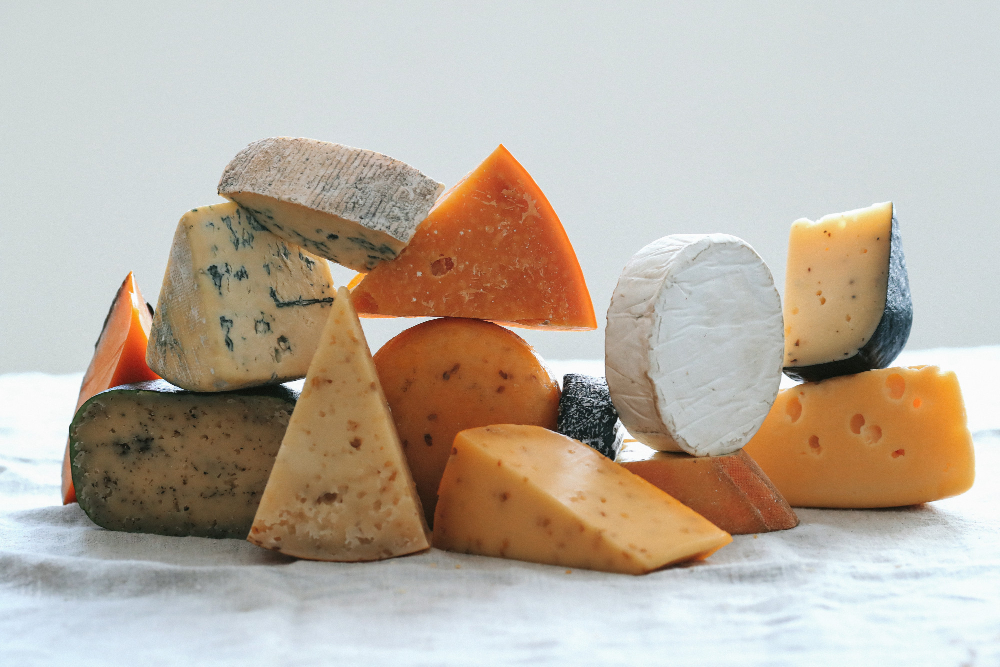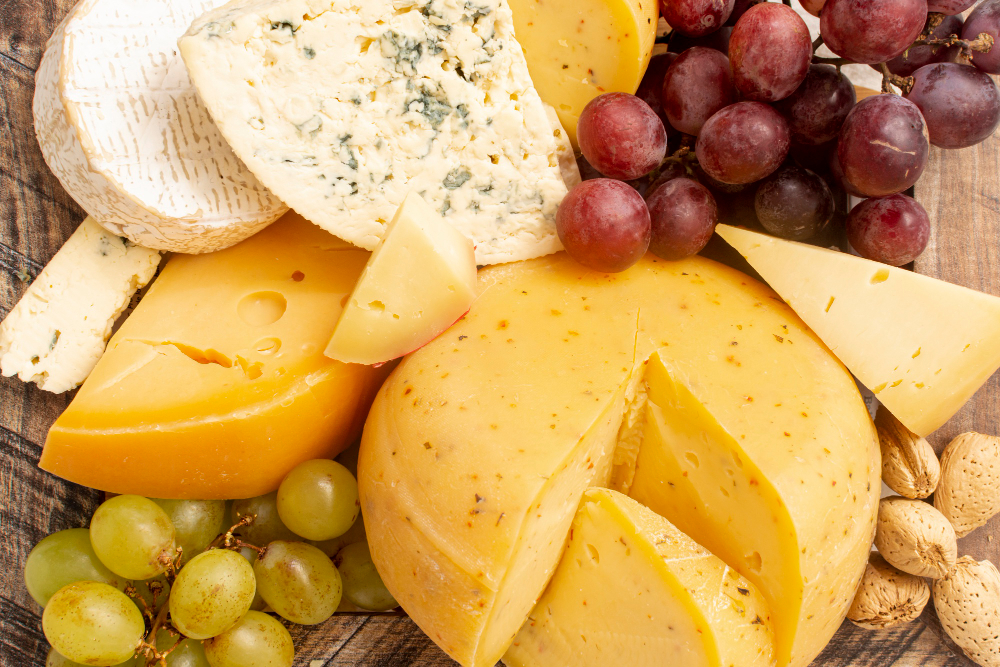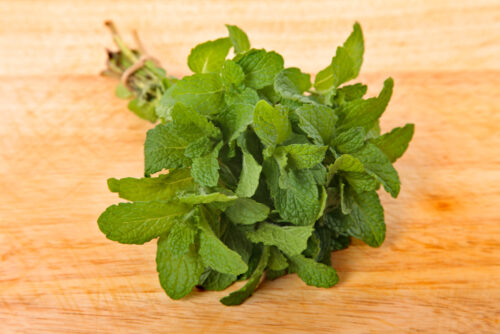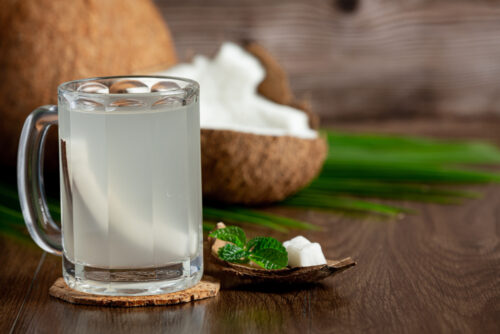Cheese has long been a staple in global cuisine, revered for its rich flavors, creamy textures, and culinary versatility. It plays a vital role in dishes ranging from simple comfort foods to gourmet delicacies.
Its origins trace back seven thousand years to ancient civilizations, the Mesopotamians and Egyptians, who crafted early animal milk varieties.
Over time, cheese-making techniques evolved, leading to the vast selection of cheeses enjoyed today, from sharp aged cheddars to soft and buttery brie.
Despite its widespread popularity, many individuals seek alternatives to cheese for various reasons.
Some of them are lactose intolerant or allergic to dairy, while others adopt plant-based diets for ethical or environmental reasons.
Health-conscious consumers may look for lower-fat options, while some people avoid traditional cheese due to dietary restrictions or religious beliefs.
The demand for cheese substitutes has grown significantly, with the market now developing and offering a wide range of dairy-based and plant-based alternatives that cater to different needs.
Before exploring the many substitutes available, it is important to understand what makes cheese unique.
Traditional cheese derives its distinct taste, texture, and melting properties from its combination of milk proteins, fats, and cultures.
Finding a suitable alternative means replicating these qualities in a way that aligns with individual preferences and dietary choices.
Dairy-Based Cheese Substitutes
For those who still consume dairy but need alternatives to traditional cheese, several options provide similar taste and texture while addressing concerns such as lactose intolerance or fat content.
Lactose-free Cheese
Lactose-free cheese is one of the best solutions for individuals who experience digestive discomfort due to lactose, the natural sugar in milk.
These cheeses undergo a process that removes or breaks down lactose while retaining the same texture and flavor as regular cheese.
Many popular cheese varieties, including cheddar, mozzarella, and Swiss, are now available in lactose-free versions, allowing consumers to enjoy their favorite dishes without discomfort.
Reduced-fat Cheese
Reduced-fat cheese is another alternative for those looking to lower the daily consumption of saturated fats and calories while still indulging in the familiar taste of cheese.
Varieties such as part-skim mozzarella, reduced-fat cheddar, and low-fat ricotta provide similar flavors and melting properties but with a healthier nutritional profile.
These options are especially beneficial for individuals managing weight or cholesterol levels without sacrificing the culinary role of cheese.
Processed Cheese
Processed cheese alternatives offer a convenient substitute with enhanced reliability. These products, which include cheese spreads and individually wrapped slices, often contain dairy combined with stabilizers and emulsifiers to create a smooth and uniform texture.
While they may not appeal to those seeking natural options, they remain popular for their ease of use in sandwiches, burgers, and dips.
For those seeking an utterly dairy-free alternative, the rise of plant-based cheese has introduced a range of innovative options that mimic the taste and texture of traditional cheese.
Plant-Based Cheese Alternatives

As plant-based diets continue to gain traction, the demand for dairy-free cheese alternatives has surged.
Modern innovations in food technology have led to the creation of non-dairy cheeses that closely mimic traditional cheese’s taste, texture, and reliability.
Nut-based Cheese
Nut-based cheeses are among the most popular vegan cheese options. Cashews, almonds, and macadamias are commonly used to create dairy-free cheese alternatives with a creamy consistency.
When soaked and blended, these nuts form a rich base similar to soft cheeses such as ricotta or cream cheese.
Many artisanal brands now culture nut-based cheeses with probiotics to replicate the sharpness of aged cheeses.
These products offer a depth of flavor and a smooth texture, making them ideal for spreads, pasta dishes, and even cheese boards.
Soy-based Cheese
Soy-based cheeses provide a versatile plant-based alternative with a mild flavor. Tofu, a soy-based protein, can be crumbled to resemble feta or blended into a creamy spread reminiscent of ricotta.
Soy cheese products also offer a good source of protein and tend to have a firm yet pliable texture, making them suitable for slicing and shredding.
Coconut Oil-based Cheese
Coconut oil-based cheeses are widely recognized for their ability to melt and stretch, making them an excellent option for grilled cheese sandwiches, pizzas, and casseroles.
Coconut oil replicates the richness of dairy fat, while starches and natural flavorings enhance the taste and consistency.
These cheeses provide a satisfying alternative for those seeking plant-based options without compromising on texture.
Vegetable and Starch-based Cheese
Vegetable and starch-based cheeses use ingredients such as potato starch, tapioca starch, and root vegetables to create a stretchy and meltable consistency.
These products often incorporate nutritional yeast to achieve a savory umami flavor reminiscent of cheese.
They work well in creamy pasta sauces, mac and cheese, and nacho dips, providing a delicious alternative without using dairy or nuts.
The Role of Nutritional Yeast as a Cheese Alternative
Nutritional yeast, often referred to as nooch, is a deactivated yeast with a naturally cheesy and nutty flavor.
It is a favored ingredient in dairy-free and vegan cooking due to its ability to add depth and complexity to dishes.
Nutritional yeast is loaded with essential B vitamins and protein, making it a nutritious addition to various recipes.
It can be sprinkled over popcorn, mixed into pasta dishes, blended into sauces, or used as a seasoning for roasted vegetables.
Unlike commercial cheese substitutes, nutritional yeast offers a low-calorie and nutrient-dense alternative, making it an excellent option for those seeking healthier choices.
Homemade Cheese Substitutes
 Creating cheese substitutes at home provides complete control over ingredients and allows for customization according to taste and dietary preferences.
Creating cheese substitutes at home provides complete control over ingredients and allows for customization according to taste and dietary preferences.
Cashew Cheese
Cashew cheese is one of the most well-known homemade alternatives. Blending soaked cashews, lemon juice, garlic, and nutritional yeast can achieve a creamy cheese-like spread.
The addition of herbs and spices further elevates the flavor, making it suitable as a dip, spread, or pasta sauce.
Tofu Ricotta
Tofu ricotta is another simple and effective homemade substitute. Firm tofu mashed with lemon juice, olive oil, and Italian herbs creates a texture remarkably similar to ricotta cheese. This dairy-free option works well in lasagna, stuffed pasta shells, or as a topping for toast.
Vegetable-based Cheese Sauce
Vegetable-based cheese sauce made from blended carrots, potatoes, and nutritional yeast provides a rich and velvety alternative for mac and cheese, nachos, and creamy dips.
The natural starchiness of the vegetables contributes to the sauce’s smooth consistency, making it a delicious and nutritious substitute for traditional cheese sauces.
Frequently Asked Questions About Cheese Substitutes
Question 1: What can be used instead of cheese?
Answer: Cheese substitutes range from dairy-based options such as lactose-free cheese and reduced-fat cheese to non-dairy alternatives like nut-based cheeses, soy-based cheeses, and nutritional yeast. The best option depends on dietary preferences and the intended use in recipes.
Question 2: What are the best alternatives to cheese?
Answer: Nut-based cheeses provide a creamy texture, soy-based cheeses offer a protein-rich option, and coconut oil-based cheeses mimic the meltability of dairy cheese. Nutritional yeast serves as a flavorful seasoning, while homemade cashew and tofu-based cheeses offer customizable alternatives.
Question 3: What to use instead of cheese when cooking?
Answer: Yes, depending on the dish, tofu ricotta can replace traditional ricotta, nutritional yeast can add cheesy flavor, and commercial vegan cheeses can be used for melting applications in recipes such as pizza and pasta.
Question 4: Can yogurt be used as a cheese substitute?
Answer: Greek yogurt or strained plant-based yogurts can serve as substitutes for cream cheese or ricotta, providing a tangy and creamy texture in various dishes.
Question 5: What is the healthiest cheese alternative?
Answer: Nutritional yeast and homemade cashew cheese are among the healthiest options, as they contain minimally processed ingredients and provide beneficial nutrients.
Question 6: Do vegan cheeses taste like real cheese?
Answer: Some vegan cheeses closely resemble traditional cheese, especially aged or cultured cheese. However, the flavor and texture of the cheese vary according to the ingredients and brand.
Question 7: Are cheese substitutes good for weight loss?
Answer: Certain substitutes, such as reduced-fat cheese, vegetable-based cheese sauces, and nutritional yeast, can be lower in calories and fat, making them suitable for weight management.
Conclusion
With the growing demand for cheese alternatives, there are now more choices than ever for individuals seeking dairy-free, vegan, or reduced-fat substitutes.
Whether opting for a lactose-free dairy cheese, a plant-based alternative, or a homemade cheese substitute, there is a solution for every dietary need.
By understanding the different types of cheese alternatives and how they function in cooking, individuals can continue to enjoy the flavors and textures they love while aligning with their health and lifestyle choices.











